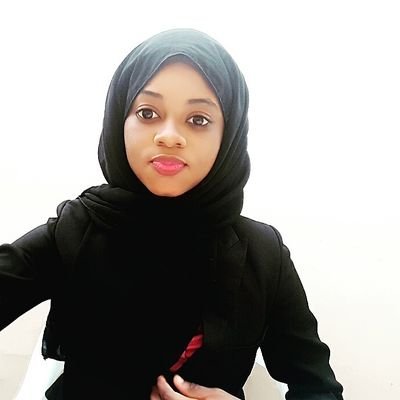Subject: Club rules.
This all arose when, during an interview with a female representative, Zara Mohammed who is due to be elected as leader of the Muslim Council in the UK was being interviewed on matters pertaining to the Muslim religion. She is highly placed to answer some of the questions regarding her religion and how it effects ours and their sense of propriety in the UK. It was claimed that the interviewer on Woman Hour, Emma Barnett had been "strikingly hostile",quote "The BBC appeared intent on re-enforcing damaging and prejudicial tropes about Islam and Muslim women". "Persistently asking how many female Imams there were".
It frustrates many of the British public to know how these social structures slip under the radar when we become obsessed with 'equality issues' in so far as other sections of the public realm are concerned. This is not only a Muslim problem, although they are the most vociferous, but also in the Jewish and Catholic structural hierarchy when men are the only office bearers and women play a subsidiary role as functionaries.
If religion makes these questions impertinent it's not because we shouldn't question them, it's the religions fault for basing its strictures on out of date strictures now over 2000 years old. If religious conformity and religious ideology is contrasted with the more modern norms based on the new religion 'equality', then religion has to make way, much as the Church of England has done over the last ten years.
So called 'prominent voices' have criticised the BBC who, cringingly, ever aware of their shaky role as arbiter and peace maker in this increasingly fractious society of ours, have back-peddled and offered to look into the matter. We are rapidly entering an era where free speech will only be accepted under very limited and non controversial circumstances which means a wide swathe of subject matter is off limits, especially if minority interests are concerned.
Identity has become a clarion call for action and special compartmentalised exclusivity when demanded by those who's identity reflects on the embittered receipt of prejudice from a society under siege by the social changes demanded of it. Great strides have been made to try to make the society more inclusive but it does this process no favour when the changes are lambasted for not doing enough and especially so if it wishes to point out the anomalies in the immigrant structure of society at large.
Identity politics begins to encompass and define a persons religious exclusivity, and begins to question partial inclusiveness (as the interview sort answers for) for membership to the national club which should come with all kinds of precursory hurdles It's these rules of membership which religious groups balk at. Their religion holds a far greater sway over them than the civic responsibilities we demand, in fact that's the point, we don't demand anything of people living here because we are afraid to.
There's no sense of religious surety in our civic request, only comforting catch phrases like social equity and minority interests. Our great peril in the future is that religious autocracy will trump any civic dreams we may have forgetting that in any club, the secretary keeps the rule book which should be read out on entry as a statement of entry and the 'rights' entry requires.

No comments:
Post a Comment